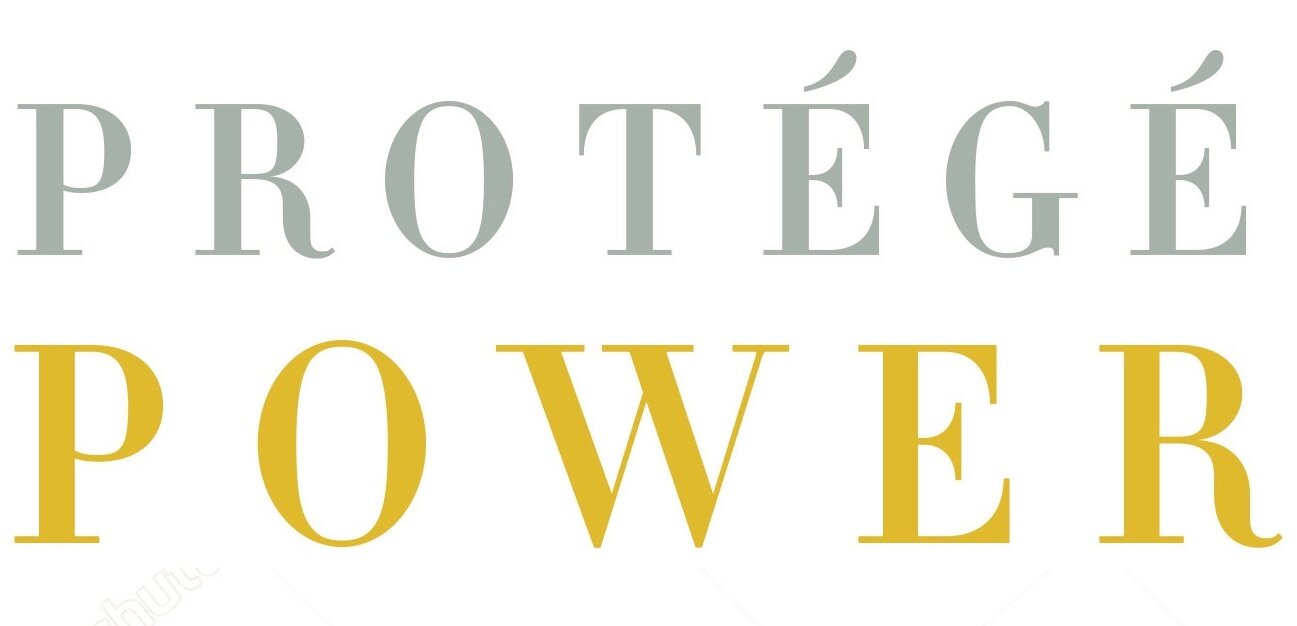Coachable – Yes, Be That!
In my work with helping people to ready themselves for a coaching or mentoring relationship, a trait that I emphasize is the mental state of being coachable.
In my experience working with a wide range of grownups—and being a grownup myself—this mental state is one of those things that is easy to understand, yet difficult to implement.
Dare I say, it could be owing to the fact of achieving our grownup stature, the positions and jobs, vehicles, travel, business cards, offspring, and other accessories of adulthood constitutes a battle hard-fought. Adulthood is a status and a posture off of which none of us wants to back down easily. To say we need coaching is to suggest we are conceding to move away from our well-earned, hard-fought role of the all-knowing grownup. To move into a coachable state (instead) is a vulnerable condition indeed.
So poor, in fact, are many of our adult responses to feedback that people avoid giving it to us. This applies in personal life as much as it does in one’s professional life.
Owing to this pronounced discomfort in advising on something that is a genuine blind spot for a fellow grownup, we offer classes titled “Difficult Conversations” or similar. Think about it: Going into the boxing ring to give you some feedback is a daring undertaking for those courageous enough to try. Traditionally, you can be a robust combatant. Once put into that ring, you are likely to fight back, twist, pivot, and jab to defend whatever failing, error, or lack of knowledge is being brought to your attention.
Guess what? You can make it easier in coaching relationship exchanges by consciously calibrating a mental state of being coachable. Why is this? Quite simply, if you are not willing to put thoughtful, well-reasoned feedback into action—from a coaching or mentoring standpoint— there is limited reason to engage. If you are not in a coachable mind frame, it is like a product that cannot be quality assured or improved. In a work setting, this may label you as someone who is not promote-able as you unwittingly cultivate a reputation as a know-it-all.
Understand that a pronounced benefit of you demonstrating clear willingness to be coached is that this fuels a coach or mentor’s interest in helping you. Effectiveness in applying their suggestions will inspire more high-quality suggestions from them. Also, you are showing respect by giving that person’s recommendations an opportunity to take hold and take shape.
I would be remiss if I did not also state here that you do not need to take every piece of advice offered. Weigh out each recommendation and put those into action that make sense for you. If you do not agree with a suggestion, have an honest exchange. If you have chosen your coach or mentor wisely, that person will respect your point of view. They will understand it is you who must live with the decisions, actions, or statements you make.
In sum, my advice here is: while retaining your discernment, hang up the gloves and commit to being coachable. The rewards, I think you will find, are limitless.

